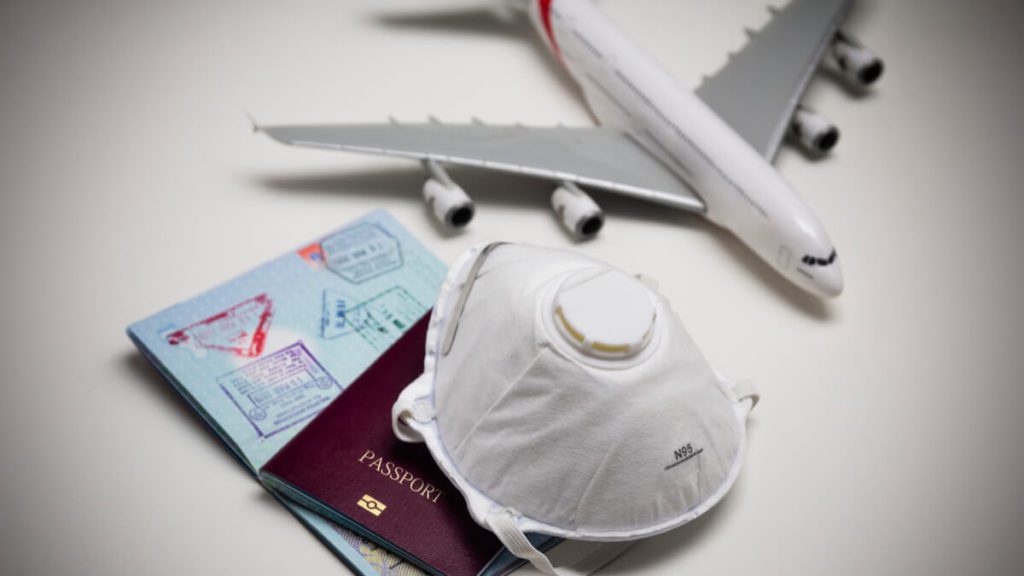
Amid the current pandemic, the effects of COVID-19 on travel are significant. Very few industries have fallen as hard and as fast as the tourism industry. Trying to study the data of tourism losses is quite difficult as the information is as volatile as the virus. If the pandemic continues to spread for several more months, the World Travel and Tourism Council has projected a global loss of 75 million jobs, and $2.1 trillion in revenue.
Gloria Guevara, the current CEO of WTTC is trying to lobby governments to offer support to travel companies saying that these job losses are “plunging families into terrible hardship and debt, fearful of how to buy food and pay their bills.”
So far, America’s travel industry is among the hardest hit by COVID-19. The U.S. Travel Association projected a loss of 4.6 million jobs in the month of May, a number that will most likely increase if the pandemic persists. Summer vacations are most probably on hold. With all this at stake, Congress has passed a $2 trillion stimulus that was perfectly timed. Its focus is to help those that are unemployed and to support businesses whether large or small. Yet some questions remain, such as whether this aid package will suffice as the country slides into recession, and what does it mean for travelers?
IATA currently estimates that global air transport industry revenues will fall $252 billion, or 44% lower than 2019’s numbers. On average, international carriers such as Delta and United Airlines had less than two months only of cash on hand to cover for expenses before the Coronavirus hit. In contrast, Apple has enough cash to protect them for six years of expenses. Airlines for America (A4A), the trade group that represents American and JetBlue (among others) as well as FedEx and UPS claims that its member companies will lose $87 billion in revenue this year and have already begun borrowing money.